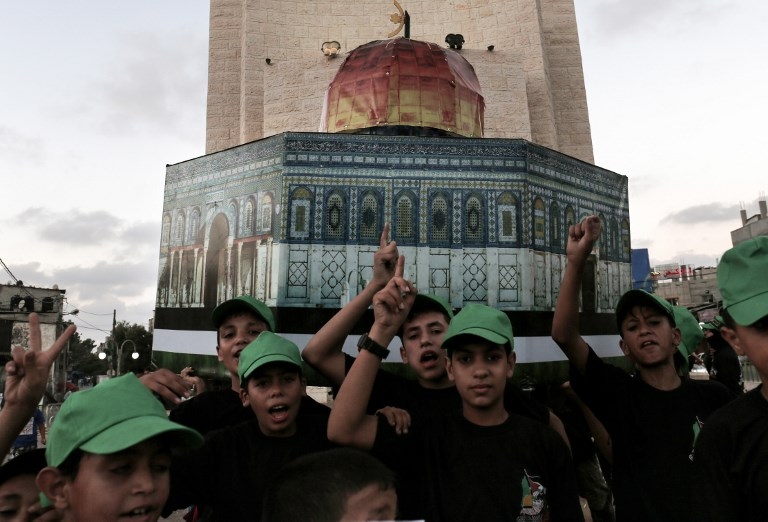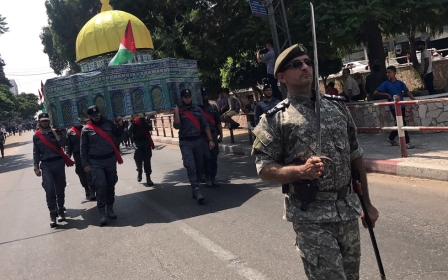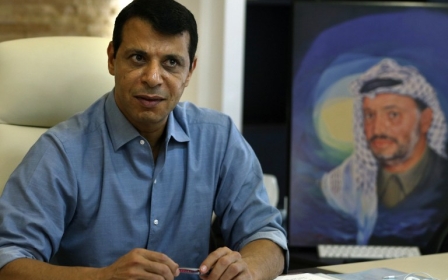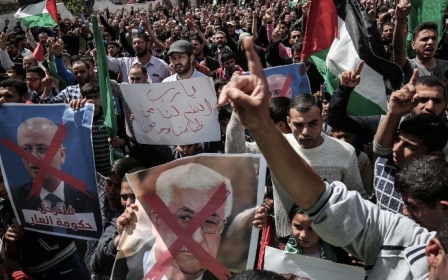Relations with Iran are 'excellent', Hamas leader says

Hamas and Iran have patched up relations, the Palestinian group's new leader in Gaza said on Monday, and Tehran is again Hamas' biggest backer after years of tension over the civil war in Syria.
"Relations with Iran are excellent, and Iran is the largest supporter of the Izz el-Deen al-Qassam Brigades with money and arms," Yehya al-Sinwar told reporters, referring to Hamas's armed wing.
Neither Hamas nor Iran have disclosed the full scale of Tehran's backing. But regional diplomats have said Iran's financial aid for the Islamist movement was dramatically reduced in recent years and directed to the Qassam Brigades rather than to Hamas's political institutions.
Hamas had angered Tehran by refusing to support Iran's ally Syrian President Bashar al-Assad in the six-year-old civil war.
"The relationship today is developing and returning to what it was in the old days," Sinwar, who was elected in February, said in his first briefing session with reporters.
"This will be reflected in the resistance (against Israel) and in (Hamas's) agenda to achieve the liberation," he said.
Hamas, which is considered a terrorist organisation by the United States and the European Union, has fought three wars with Israel since 2008, most recently in 2014.
Sinwar, a former Hamas security chief who had spent 20 years in Israeli jails, said the group is always preparing for a possible war with Israel. But he said such a conflict was not in Hamas's strategic interests at the moment.
"We are not interested in a war, we do not want war and we want to push it backward as much as we could so that our people will relax and take their breath and in the same time we are building our power," he said. "We do not fear war and we are fully ready for it."
Hamas and Abbas's Palestinian Authority (PA), which exercises limited self-rule in the Israeli-occupied West Bank, are locked in political disputes.
Abbas's slashing of PA funding for Israeli-supplied electricity to Gaza has led to prolonged daily blackouts in the coastal enclave.
Sinwar, in his remarks, invited Abbas's Fatah movement for talks on forming a new national unity government to administer both the Gaza Strip and the West Bank.
There was no immediate response from PA officials. Abbas has called on Hamas to first relinqish control of Gaza before he removes economic sanctions and to prepare for the formation of a new unity government that will be tasked with holding presidential and parliamentary elections.
New MEE newsletter: Jerusalem Dispatch
Sign up to get the latest insights and analysis on Israel-Palestine, alongside Turkey Unpacked and other MEE newsletters
Middle East Eye delivers independent and unrivalled coverage and analysis of the Middle East, North Africa and beyond. To learn more about republishing this content and the associated fees, please fill out this form. More about MEE can be found here.




